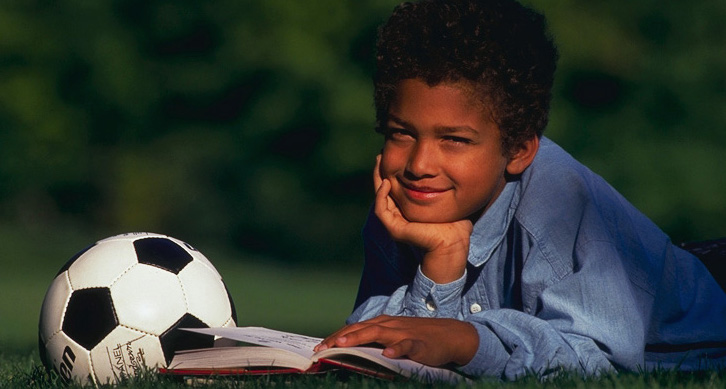The brain learns more easily when it’s having fun. So if you’ve got ‘texts for comprehension’ or texts which give you information about a subject, there are numerous things you can do in a home-schooling environment other than ‘read the text and answer the questions’.* The following work for all texts and all ages. Start by photocopying the text – and making sure you keep the original for checking.
Chop it up
Chop the text into chunks (cutting between lines of text) for children to put in the right order. They have to understand the content in order to make sense of it, and also understand a bit about how sentences are constructed. The more pieces, the more difficult the task. So if the text is worth more than a glance, start with fewer pieces, then cut those in half – and then in half again, until it’s every line (or until it stops being fun).


